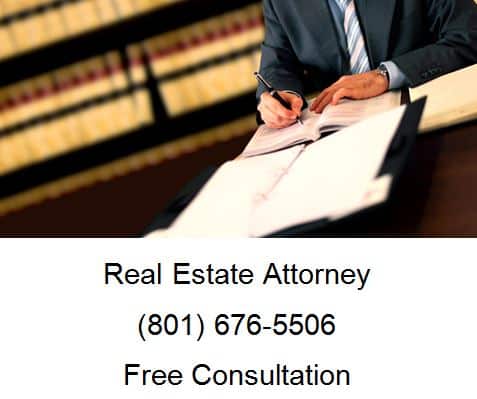
When you search for a rental house or apartment, you generally look for a place that’s affordable, in decent shape, close to work, and suitable to your personal needs. One of the last questions on your mind is whether a given property is contaminated with toxic black mold. This type of mold technically goes by the name Stachybotrys chartarum and can cause serious health problems after periods of exposure, including respiratory problems, internal organ damage, mental impairment, nausea, and skin inflammation. Mold also can cause irreparable property damage. And since black mold thrives in dark places lacking ventilation, it usually goes unseen until it’s too late.
But if you have reason to believe you’re rental is contaminated, suing your landlord for black mold is one way to get compensated for your injuries. The following information will help you understand your rights and legal options.
Who Is Responsible For Black Mold?
Landlords are required by law to provide proper living conditions for their tenants, free from health or safety hazards, often referred to as an “implied warranty of habitability.” The standard for habitability is generally defined as the minimum required by your local jurisdiction’s building code, which addresses the health and safety concerns of tenants. While certain minor problems such as drippy faucets are not considered crucial to habitability, toxic mold certainly is.
Since the landlord-tenant relationship is legally defined through contract (the lease agreement), contractual provisions addressing things like plumbing or ventilation defects — which may contribute to mold growth — would be enforceable. So if the contract states that the landlord is responsible for promptly fixing all plumbing problems, but a leaky pipe eventually leads to black mold growth, failure to fix the problem could lead to a breach of contract lawsuit.
Suing your landlord for black mold should not be the first response upon discovering it in your rental, provided you haven’t suffered any health problems from being exposed. As with most landlord-tenant disputes, you should contact the landlord immediately upon discovering mold (preferably in writing, in order to establish a record). The landlord is legally responsible for removing the mold and reimbursing you for any additional costs you have sustained. Even if you don’t suffer any injuries, a landlord’s failure to maintain a mold-free environment violates the implied warranty of habitability.
If the landlord fully takes care of a mold issue but you later exhibit health problems that you suspect were caused by the earlier mold exposure, you still may claim damages. If your landlord contradicts your concerns that your rental unit is contaminated with black mold, it’s up to you to pay for an inspection and testing; but landlords who refuse to even consider the presence of toxic mold in such instances may open themselves up to increased liability.
If push comes to shove, you may need to file a personal injury lawsuit against your landlord. Depending on the extent of your mold-related illness and/or property losses, and your jurisdiction’s dollar amount limits on claims, you may be able to resolve the issue in small claims court. Small claims courts generally require the parties to represent themselves and have claim limits in the $11,000 range, but are regulated at the state level and change from time to time. About 15 years ago in Utah, the maximum small claims court case in Justice Courts was $10,000.00.
If the dollar amount is higher than your state’s small claims limit, which may be the case if your illness requires extensive treatment (including lost wages in addition to medical costs), you may need to consider working with an attorney to file a more formal injury claim.
Every case is different, but damages for black mold contamination may include the following:
• Medical expenses related to the mold exposure; this may include future expenses as well, if you are able to prove the need for ongoing medical care.
• Lost wages as a result of the illness, time spent removing mold from the rental property, or other mold-related causes.
• Destruction of property related to mold contamination.
• Loss of earning capacity as a result of injuries.
• Pain and suffering.
Black Mold Lawyer Free Consultation
When you have a case for black mold in Utah, please call Ascent Law LLC for your free consultation (801) 676-5506. As Real Estate Lawyers, we can help you with Quiet Title Actions. Eviction Actions. Lawsuits regarding real estate. Partion Actions. Boundary Disputes. Zoning. Use Permits. And Much More. If it deals with real property law in Utah, wee want to help you.
8833 S. Redwood Road, Suite C
itemprop=”addressLocality”>West Jordan, Utah
84088 United States
Telephone: (801) 676-5506
Recent Posts
Real Estate Lawyer Tooele Utah
How Much Does Estate Planning Cost?

